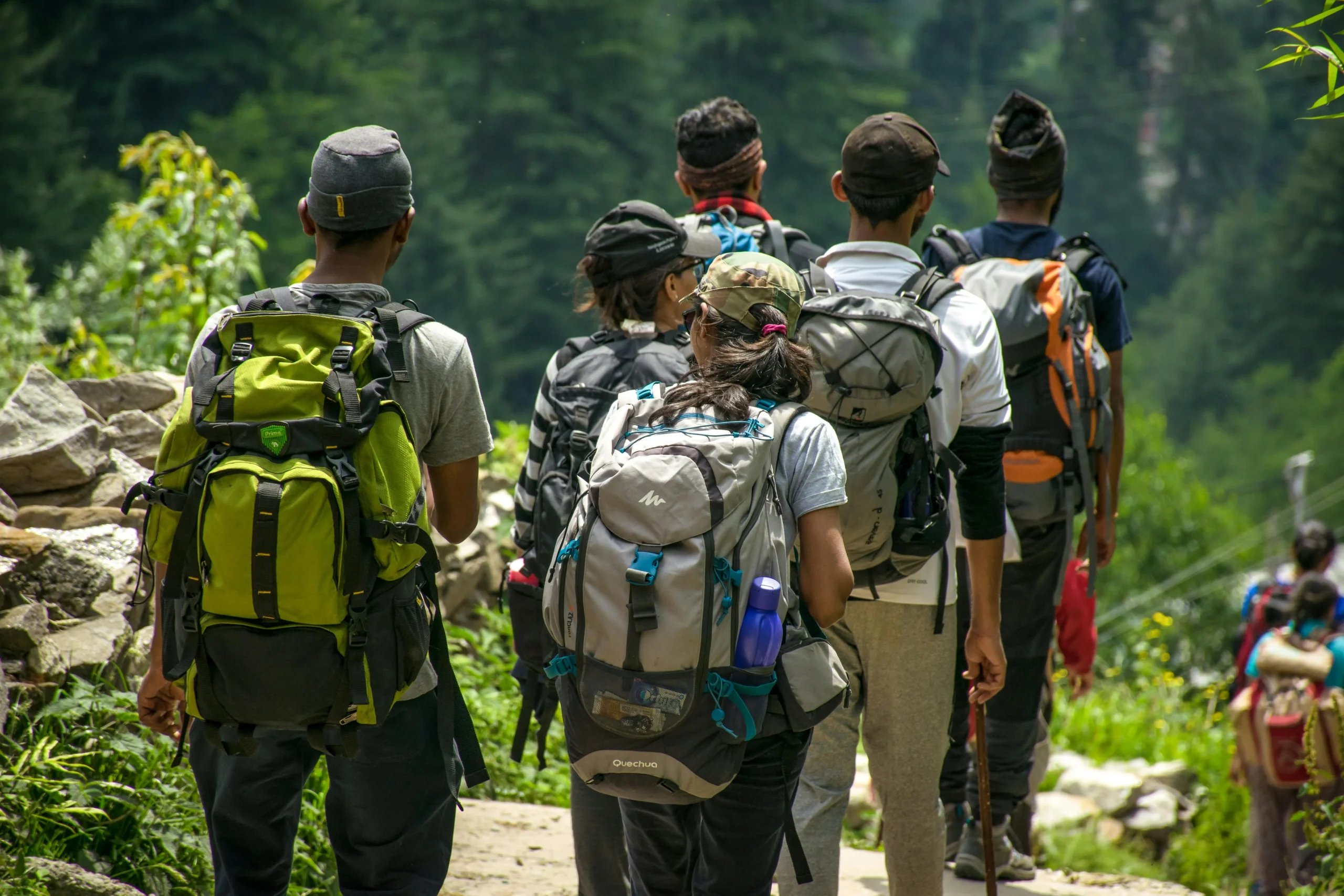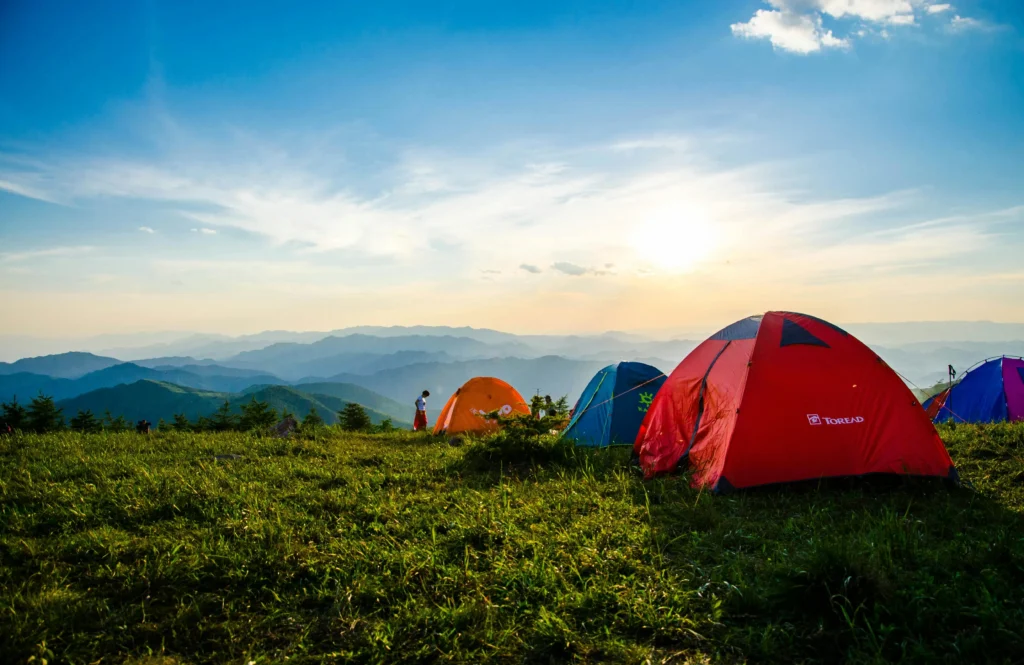How to Start Hiking for Beginners: Tips & Gear
Hiking is one of the most accessible ways to connect with nature, improve fitness, and even prepare for mountaineering. For beginners, knowing how to start, what gear to use, and which skills to focus on can make the experience safe, enjoyable, and rewarding. This guide provides practical advice, essential gear tips, and foundational skills for anyone ready to explore the outdoors.

Choosing the Right Mountain for Your Skill Level
Not all trails are created equal. Beginners should focus on choosing the right mountain for their skill level – trails that are shorter, with gentle slopes and well-marked paths. Websites, apps, and online forums like Reddit’s r/BeginnerHikers often provide ratings for trail difficulty, elevation gain, and real-world tips. Selecting an appropriate trail ensures a positive first experience, builds confidence, and creates a solid foundation for more challenging hikes in the future.
Essential Gear and Equipment for Beginners
Having the right gear is crucial for safety and comfort. The essential gear and equipment for beginners includes:
- Hiking shoes or boots: Provide traction, ankle support, and protection from uneven terrain.
- Backpack: Should be light, adjustable, and spacious enough for water, snacks, and extra layers.
- Layered clothing: Moisture-wicking fabrics help regulate body temperature in changing conditions.
- Navigation tools: Maps, GPS devices, or smartphone apps to stay on track.
Developing Basic Techniques and Skills
Even short hikes are opportunities to build basic techniques and skills. Pacing yourself, staying hydrated, and using proper footing are all foundational abilities. These skills naturally transition into basic climbing techniques used in mountaineering, such as moving safely over rocks or navigating steeper trails. Regular practice on varied terrain also provides an introduction to mountaineering, preparing the body and mind for higher elevations and more technical challenges.
Guidance and Community Support
Learning from experienced hikers can dramatically accelerate progress. Finding a mentor or guide offers hands-on instruction, trail safety insights, and personalized feedback. Additionally, joining a mountaineering club or community provides access to organized hikes, workshops, and peer support. Engaging with the community is not just motivating – it also exposes beginners to valuable lessons and common mistakes shared by seasoned hikers.
Common Beginner Mistakes to Avoid
New hikers often make simple mistakes that can affect safety or enjoyment:
- Overestimating their fitness and choosing overly difficult trails
- Wearing inappropriate footwear
- Carrying too much or too little gear
- Ignoring weather forecasts or trail conditions
Being aware of these mistakes and preparing accordingly can make the difference between an enjoyable hike and a frustrating or unsafe experience.

Enjoying the Journey
Hiking is not just exercise – it’s an opportunity to connect with nature and enjoy the outdoors. Beginners should focus on measured progress, taking breaks when needed, and celebrating milestones along the way. Consistent practice improves stamina, builds confidence, and gradually prepares hikers for mountaineering adventures. Over time, simple weekend hikes become stepping stones toward more challenging peaks and alpine experiences.
Getting Started
Starting a hiking habit as a beginner is straightforward when approached thoughtfully. Combining essential gear and equipment for beginners, basic techniques and skills, guidance from a mentor or guide, and support from a mountaineering club or community sets the stage for safe and enjoyable hiking. Each trail walked builds endurance, confidence, and experience – turning beginner hikes into a pathway toward mountaineering success.





Comments